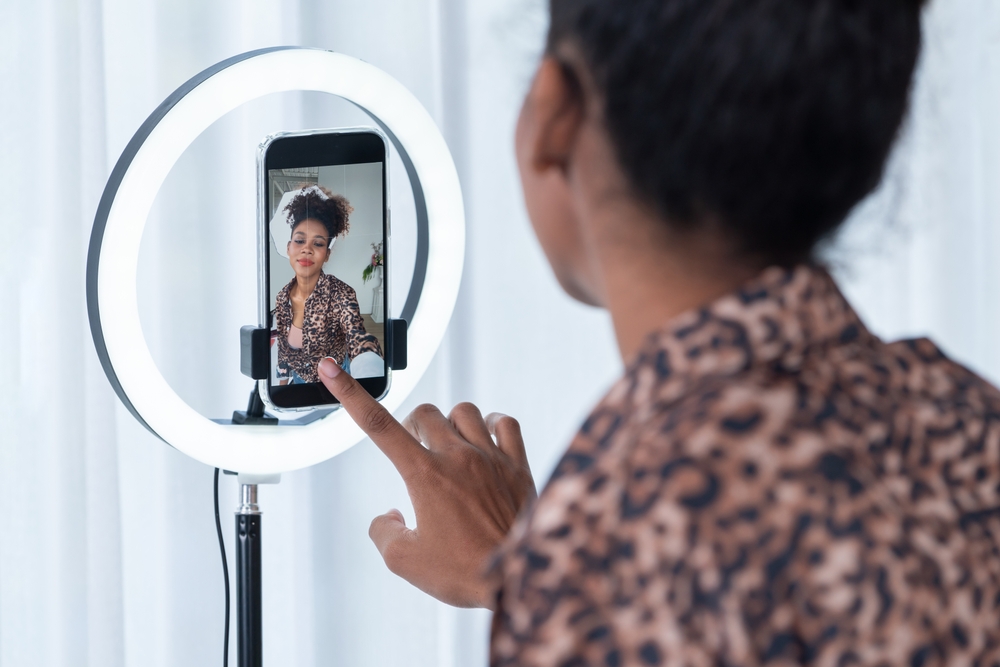Influencer marketing is on the rise, with 59% of all marketers—and 69% of U.S. marketers—planning to partner with more influencers this year, according to a new report from Sprout Social. The data is based on a January 2025 survey of 650 marketers across the U.S., UK and Australia. Altogether, 37% of marketers plan to partner with the same amount of influencers as they did last year, and just 4% of brands are scaling back their influencer marketing investments.
The report found that 77% of brands work with anywhere between one and 10 influencers at a time. For B2B marketers, investments in influencer marketing aim to increase brand awareness (67% of respondents), build credibility and trust (54%), improve audience engagement and loyalty (37%), co-develop products together (29%) and grow revenue (24%).
To maximize impact, however, it’s about finding the right people for brands to join forces with. To do this, 66% of brands enlist the services of influencer agencies, 56% use dedicated influencer marketing software or databases to surface talent and 39% take the old-fashioned approach of conducting research themselves. Among all organizations, B2B brands are least likely to use software to discover influencers, with just 24% taking the tech-driven approach.
In addition to finding the best influencer partners, brands also need to ensure they’re setting up shop on the channels their audiences frequent.
“The report makes it clear that brands were highly diversified across social media platforms in 2024, adjusting content messaging and formats to meet the needs of different networks and audiences,” says Layla Revis, Vice President of Social, Content and Brand Marketing at Sprout Social.
While 62% of marketers say their audience is using the same social networks as they have been the last several years—think LinkedIn, Instagram, Facebook and X—the research also found that 43% of U.S. marketers see their audience spending more time on emerging social platforms like Bluesky, Threads, Lemon8 and Mastodon. To meet their audiences where they are, many marketers are either already established on these platforms or are planning to be in the near future.
“Knowing they can’t simply move their brands to every new space, success lies in understanding that today’s consumers value authentic, community-driven engagement over presence,” Revis explains.
Influencer Content: More Persuasive Than Organic Content
Why are so many brands opting to double down on influencer marketing? Sponsored influencer content performs considerably better than organic content across several different top-shelf social metrics:
- Increased reach. According to the report, 92% of marketers agree that sponsored influencer content has a bigger reach than organic content posted from brand accounts.
- Higher engagement. Similarly, 90% of marketers say that sponsored influencer content has more engagement than organic content.
- More conversions. Together, 83% of marketers find that sponsored influencer marketing content has more conversions than organic content. That said, the number dips to 59% for B2B marketers; 40% of this group sees virtually no difference between influencer marketing and organic content in terms of conversions.
In light of this, it’s no surprise that 65% of marketers are very confident in their team’s ability to show the business impact and return on investment of influencer partnerships; 31% are somewhat confident; and just 3% are somewhat unconfident. Similarly, 65% are very confident that leadership sees the business value in influencer partnerships; 28% are somewhat confident while just 6% are somewhat unconfident.






